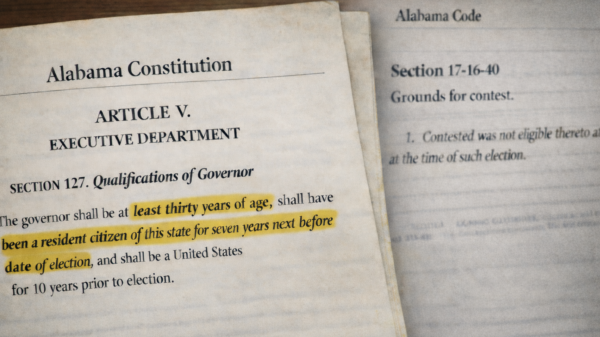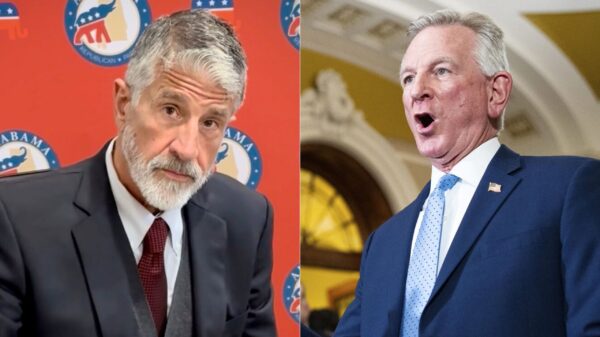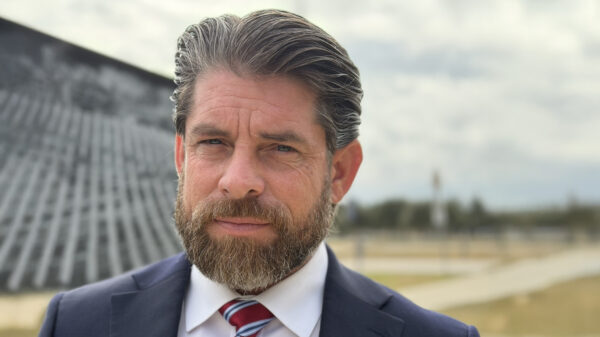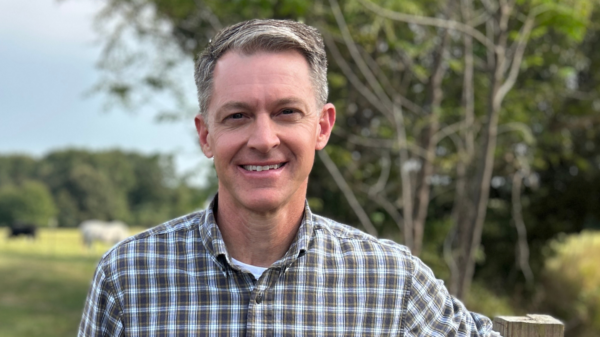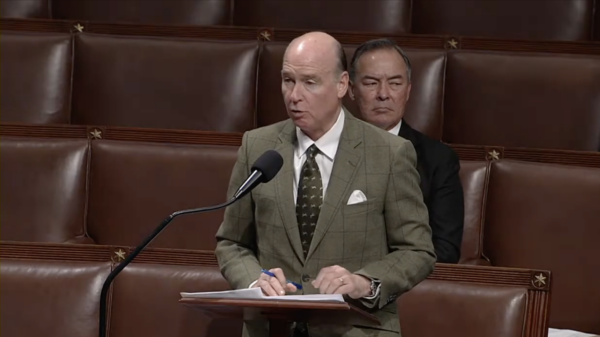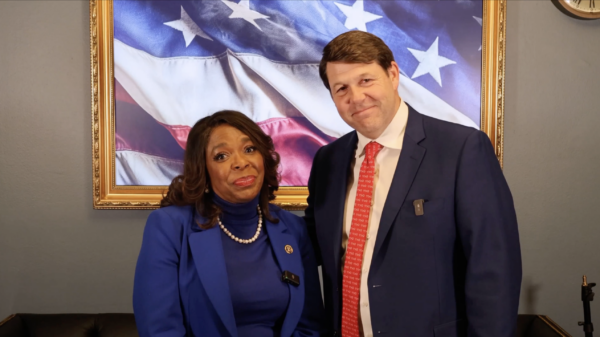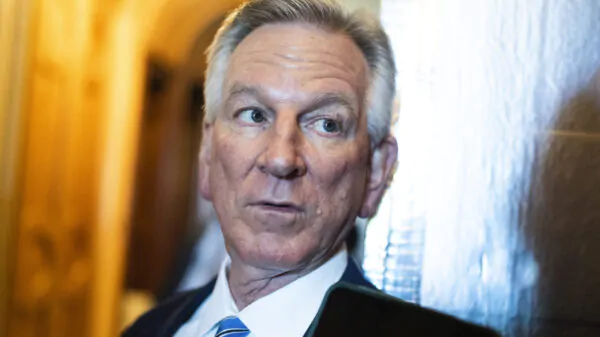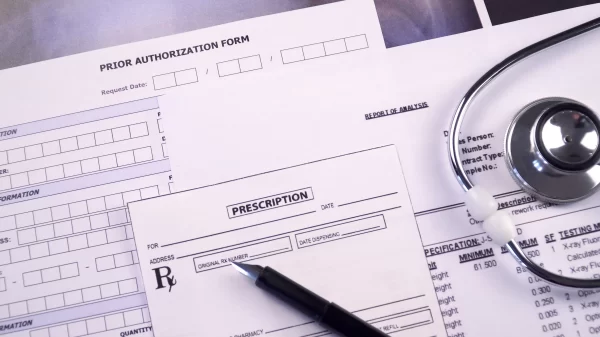By M.J. Ellington
Chances are we all know people in Alabama’s coverage gap. That’s the great divide that separates people who have access to good health care when they need it from those who fear the next illness will lead to huge medical bills with no way to pay them.
We’ve also heard news reports about hospitals closing or at risk of closing because they can’t make ends meet. The situation is especially critical in rural communities where hospitals may be the largest employer and only health care provider.
In recent days, Gov. Robert Bentley has said he might consider some form of Medicaid expansion if the plan has an Alabama design. That’s an encouraging shift in the conversation, and consumer advocates look forward to getting practical, problem-solving ideas on the table.
Some officials blame the hospitals’ financial problems on the Affordable Care Act and say doing away with the ACA would solve those problems. But to do so would miss a critical point in the health care debate.
Behind the number crunching and the rhetoric about health care, at least 300,000 Alabamians could benefit from this coverage. Of this number, at least 190,000 Alabamians have little choice now but to put off needed health care because they earn too little to qualify for tax breaks that make private insurance affordable through the Health Insurance Marketplace. They have few options besides the emergency room, where care is the most expensive and often accessible only when their problems are most severe.
Hospitals that serve high numbers of uninsured patients often have unpaid bills for providing this care. Any number of reports measuring the health status of states across the United States put Alabama at or near the bottom of the lists for obesity, cardiac problems, diabetes and infant mortality. All are symptoms of a society without access to regular, quality health care.
One category where Alabama shines is in the extremely high percentage of its children who are insured and have access to the care they need to catch and treat health problems early. Two keys to the state’s success are Medicaid for Alabama’s lowest-income children and ALL Kids, the health insurance program for children whose low- and moderate-income families do not qualify for Medicaid. Alabama does not offer the same options to most of its poorest adults, many of whom work one or more jobs but don’t make enough to pay for private health coverage.
Imagine how much better Alabama could rank on national health measurements if all adults, no matter their income, had the same level of access to care. Imagine too how different the future could look for the hospitals that now treat most of Alabama’s uninsured population.
Alabama’s continuing resistance to closing the health coverage gap by expanding Medicaid assures continuing shaky finances for at-risk, safety-net hospitals because of looming adjustments in how they will be paid for treating uninsured patients. Medicaid expansion would change the hospital reimbursement formula for uninsured care. It also would stimulate growth in community health care services and related businesses. These benefits of expansion would help cancel out any cost to the state.
Curious about just how much Alabama leaves on the table each day by not expanding Medicaid? Find out at alabamasbest.org.
M.J. Ellington is a health policy analyst for Arise Citizens’ Policy Project, a nonprofit, nonpartisan coalition of 155 congregations and organizations promoting public policies to improve the lives of low-income Alabamians. Email: [email protected].

